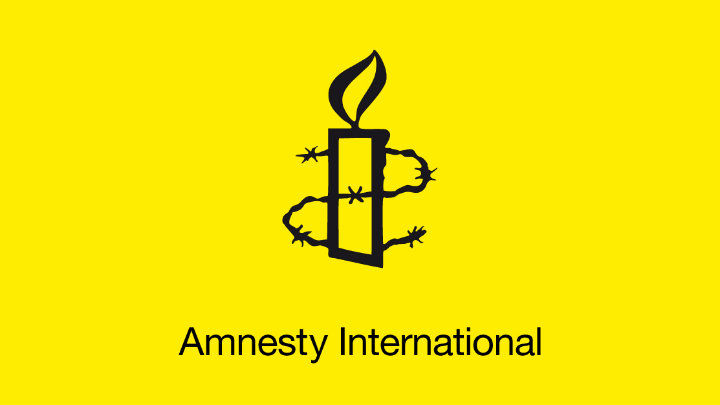Amnesty slams Maldives for lack of action on judicial reform
Amnesty International has slammed President Abdulla Yameen’s administration over its failure to address mounting concern over judicial independence.

28 Feb 2016, 09:00
Amnesty International has slammed President Abdulla Yameen’s administration over its failure to address mounting concern over judicial independence.
The human rights group’s annual report on the Maldives, released last week, highlighted judicial overreach and independence, as well as “grossly unfair” trials against opponents as areas of concern.
Judicial impartiality remained a serious concern that the government has failed to address, the report said.
“The authorities frequently claimed that they would not address any complaints against the judiciary because courts were independent. At the same time, the government failed to strengthen the Judicial Services Commission to enable it to address impartiality and other issues related to the judiciary,” the report stated.
Become a member
Get full access to our archive and personalise your experience.
Already a member?
Discussion
No comments yet. Be the first to share your thoughts!
No comments yet. Be the first to join the conversation!
Join the Conversation
Sign in to share your thoughts under an alias and take part in the discussion. Independent journalism thrives on open, respectful debate — your voice matters.




